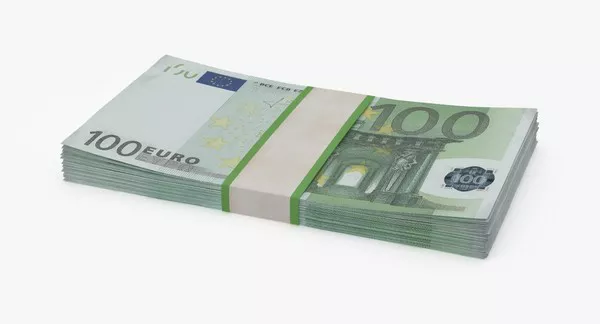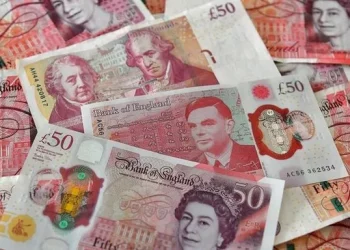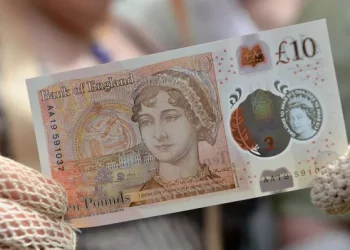What are the determinants of change?
A COUNTRY’S BALANCE OF PAYMENTS IS NOT ONLY affected by exchange rate changes, but also by supply and demand relations and exchange rate changes.
Among them, the balance of trade is the most important factor affecting the exchange rate.
When a country appear huge, it shows that the foreign exchange income less than foreign exchange expenditures, foreign demand is greater than the supply of foreign exchange, rise, local currency to foreign currency devaluation, on the contrary, when a country appeared or, it shows that its exports such as foreign exchange income increase, such as foreign exchange to pay imports, foreign exchange supply more than spending, and foreign demand for local currency increase, lead to foreign currency appreciation, foreign exchange rates down.
The 02 level is also the “special price” of assets, the cost and profit of borrowing capital.
Under the conditions of open economy and market economy, the change of interest rate is closely related to the change of exchange rate.
Main show is when a country to raise interest rates or domestic interest rates higher than the foreign interest rates, it will lead to capital inflows, leading to currency demand and currency appreciation, currency devaluation, on the other hand, when a country lower interest rates or its interest rates lower than their foreign interest rates, cause capital flow from their own, thus increasing demand for foreign exchange, currency depreciation, currency appreciation.
03 inflation under the paper money system, represented by the actual value of money (can be expressed in the purchasing power of money) is the basis of exchange rate, the characteristics of paper money system determines the actual value of the currency is unstable, inflation, and the resulting notes deviation between actual value and the nominal value in almost any country is inevitable,
This will inevitably lead to changes in exchange rates.
Specifically, as a country rises, the purchasing power of money declines, and paper money depreciates first internally and then externally.
In addition, the exchange rate is the price ratio of two currencies, and its change depends on the comparison of the degree of inflation in the two countries.
If inflation occurs in both countries, the currency of the country with high inflation will appreciate relative to the currency of the country with low inflation.
Fiscal and although the government’s fiscal and monetary policies have an indirect impact on exchange rate changes, this is also very important.
In general, large amounts and inflation caused by expansionary fiscal and monetary policies will devalue the currency;
Tighter fiscal and monetary policies would reduce fiscal spending, stabilise the currency and allow it to appreciate from the outside.
But the effect is relatively short-term.
The long-run impact of fiscal and monetary policies on the exchange rate depends on the impact of these policies on economic strength and the long-run balance of payments.
If the expansion policy can finally enhance the domestic economic strength and promote the balance of payments surplus, the long-term trend of the external value of the domestic currency will inevitably increase, that is, the appreciation of the domestic currency.
The external value of the local currency will inevitably erode if tightening leads to stagnation of the domestic economy and widening of the balance of payments deficit, namely the local currency devaluation hawks Fed and Omicron jockeying for position in the market C, US crude oil opened down nearly 3% to hit a new two-week low.
Please pay attention to the specific operation, the market is changing rapidly, investment needs to be cautious, the operation strategy is for reference only.

























